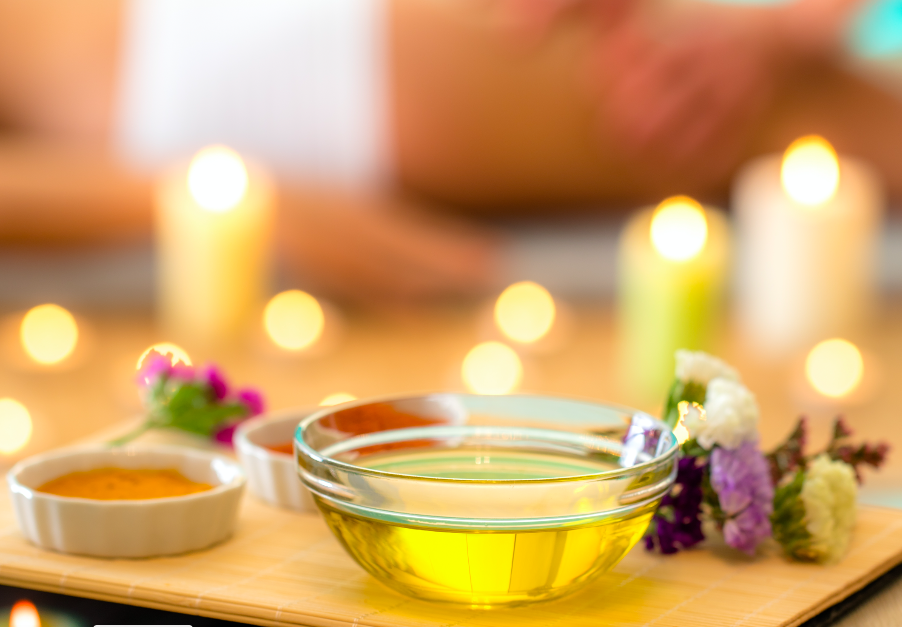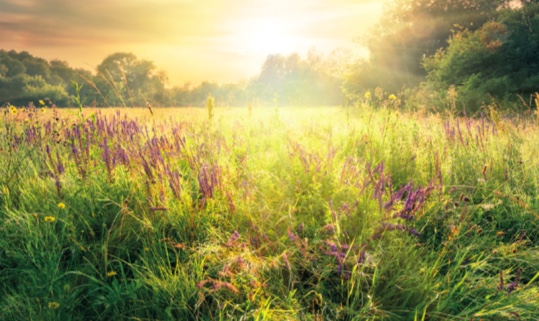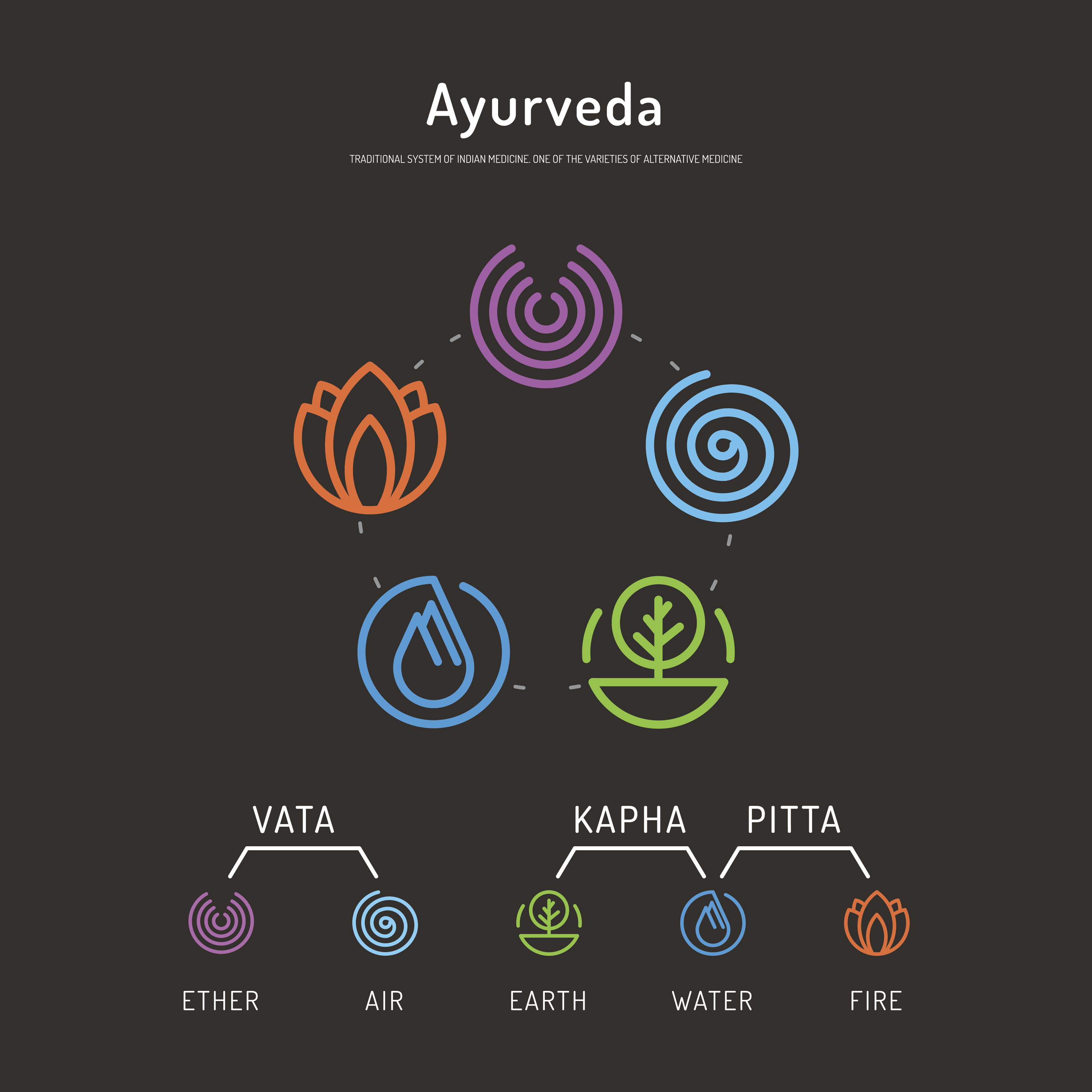Donn Brennan is one of Ireland’s foremost experts on the ancient healing practice of Ayurveda. In our Summer 2020 issue, we were thrilled to learn more from him about simple health-boosting strategies from the Maharishi school of Ayurveda.
ayurveda
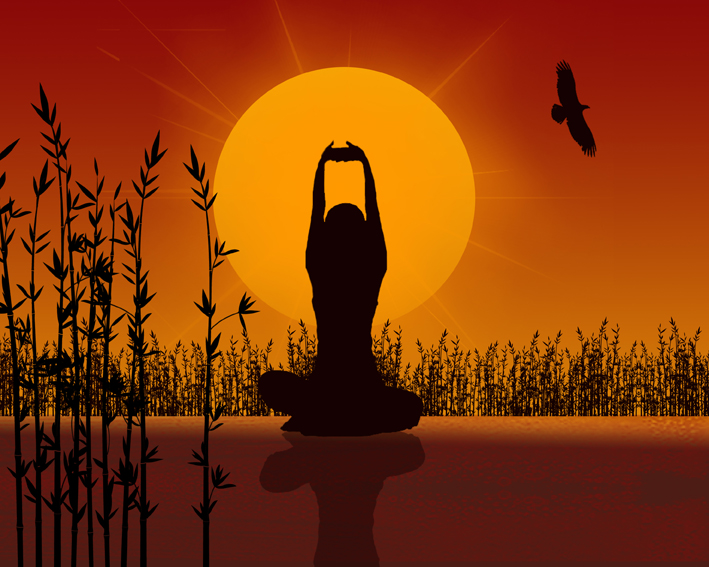
By Alison McEvoy
I began seeking out a healthier lifestyle in my early teens. Reheated stew was my weekly fare and my family relied way too heavily on canned and frozen food that I just couldn’t stomach anymore. Almost overnight, at fourteen years, it dawned on me that I had the power to choose.
Much to the consternation of my family, I turned vegetarian, began a yoga practice that has stayed with me through thick and thin for the past seventeen years and decided to go organic – venturing into what health stores I could find and pestering my father (which he secretly loved) to drive me out to farmers’ markets on Saturday mornings. It was on my travels back in 2005 that I first came across Ayurveda. The word mysteriously hung in the air when I spoke it to myself, beckoning me into deeper discovery. In 2016, eleven years and much googling later, I joined the first Ayurvedic Studies Diploma being taught in Ireland.
The intelligence and simplicity of Ayurvedic knowledge feels like home. It gives me a world-and-health-view that I can feel the truth of. The more I learn, the more appreciation and gratitude I experience, for the perfect potential harmony that exists between Mother Nature and her human child. It is amazing to learn how the food and herbs provided by the natural world are so attuned to our body’s requirements and needs, and about how to come back into rhythm with our body’s nature which is itself a part of Nature as a whole. The journey continues as we delve into year two…. wish me luck!
satmya.ie/ayurveda-diploma-2017
Summer 2017 CNM Sneak Peek: Eating According to Ayurveda
This is a CNM excerpt from our Summer 2017 issue. Read the rest of the article by subscribing soon so we can post you a copy or picking up a magazine from one of our lovely stockists all over Ireland. Tell them we said hello!
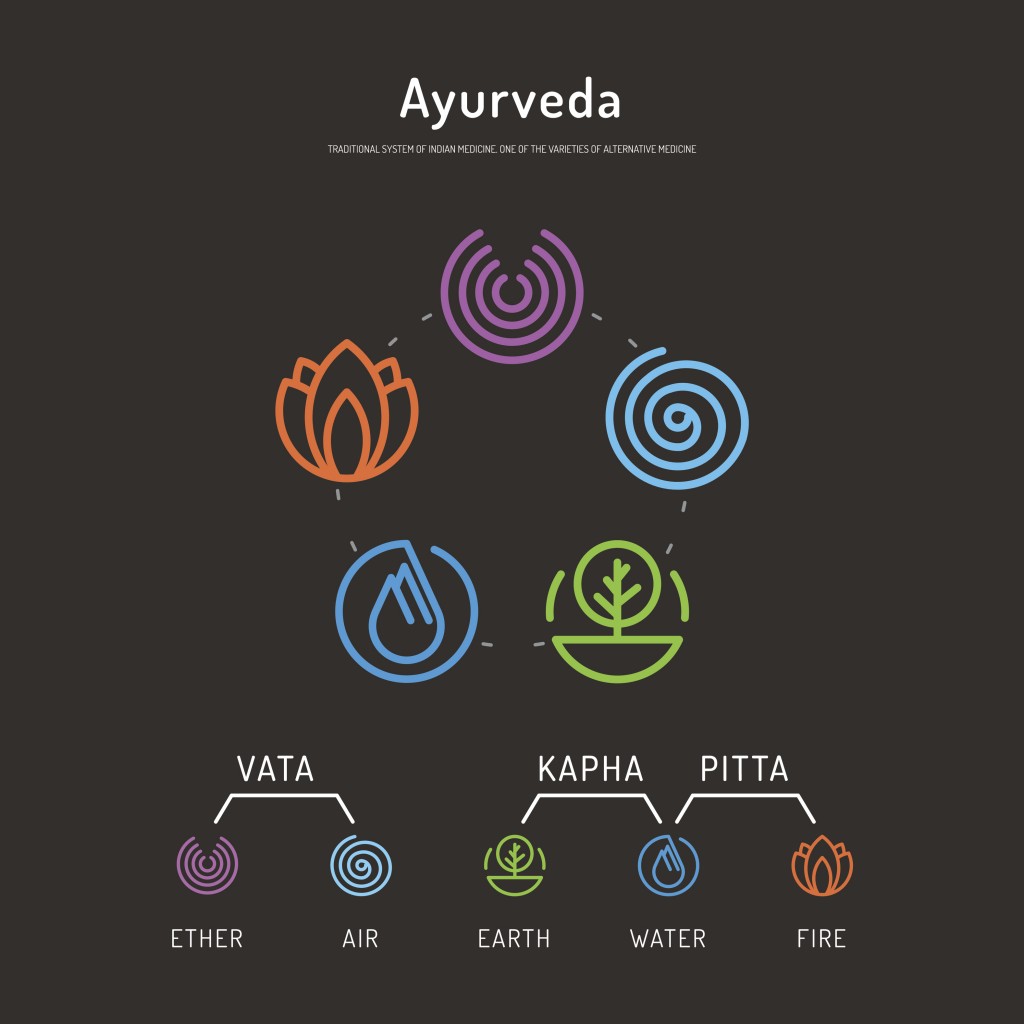
By Pamela Ryan
Ayurveda, meaning ‘science of life’, is an ancient Indian system of healing which has guided people in their pursuit of health for thousands of years. According to Ayurveda, the energy of the world is in constant flux, shifting with the seasons. Similarly, our bodies are constantly changing in response to this flux, and have an innate orientation towards homeostasis (balance) and health. Imbalances can lead to illness, and the goal of Ayurveda is to prevent illness, looking to the root cause and providing the tools required to restore health.
Ayurveda identifies three elemental groups known as doshas; Vata, Pitta and Kapha. The doshas are three particular combinations of the natural elements which are the building blocks of our bodies and the world; ether, air, fire, water and earth. Together they are responsible for everything that happens inside our bodies. We each contain all three doshas, all elements, however in varying degrees of intensity. Your dominant dosha is your ‘Prakruti’ (original nature). Once you understand your prakruti you can recognise symptoms of imbalance and implement changes to your nutrition and lifestyle to restore balance and prevent illness.
This is a CNM excerpt from our Spring 2017 issue. Read the rest of the article by subscribing soon so we can post you a copy or picking up a magazine from one of our lovely stockists all over Ireland. Tell them we said hello!
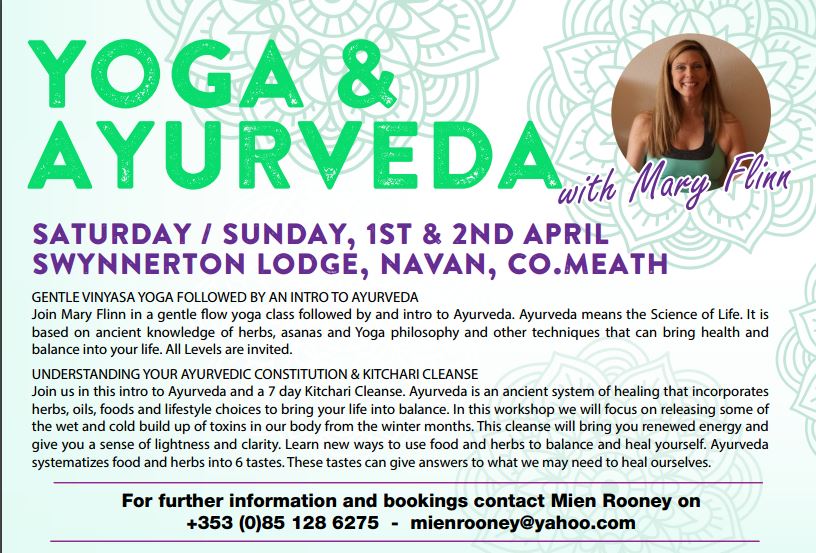
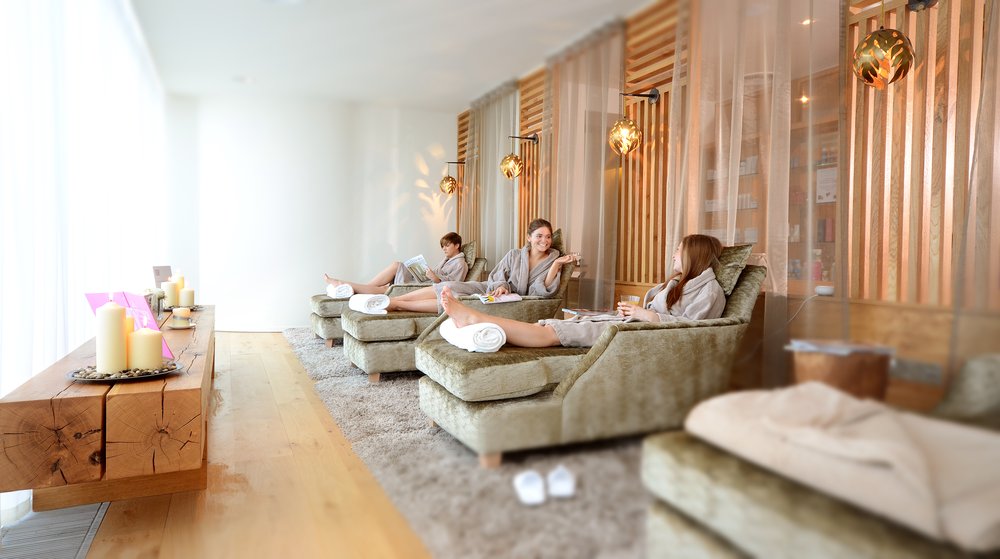
Ayurveda is an ancient system of health with its roots in the Vedic culture of India. It provides guidelines for our diets and routines related to the seasons and our Ayurvedic type or ‘dosha’. It seeks to integrate environment, body, mind and spirit for wellbeing on all levels. I met with GP and specialist Dr. Donn Brennan to find out more.
Dr. Brennan works with Vedas Beauty in Dun Laoghaire and it’s a unique space in that they also offer Ayurvedic treatments, beauty treatments and have a top floor overlooking the sea for yoga and pilates. He tells me my dosha is Vata. When Vata is in balance, they’re lively and enthusiastic, but an out-of-balance Vata may encounter anxiety and fear. He gave me detailed advice on improving my overall wellbeing, along with ways to heal specific ailments I mentioned.
Armed with an ayurvedic supplement and advice to start getting to bed by 11pm, I left his office to enjoy an Abhyanga Massage. The massage involved much more oil than a standard massage and therapist Leena used sesame oil for its detoxifying properties. It was the most enjoyable massage I’ve ever experienced and I melt even now just thinking about it.
Leena explained that a massage for a Vata type would differ from other types, as it aims to bring balance to the qualities associated with three doshas. Mine was slow and relaxing, while another person may require something more energising. It was an insightful and calming morning and I even made it to bed by 11pm that night.

